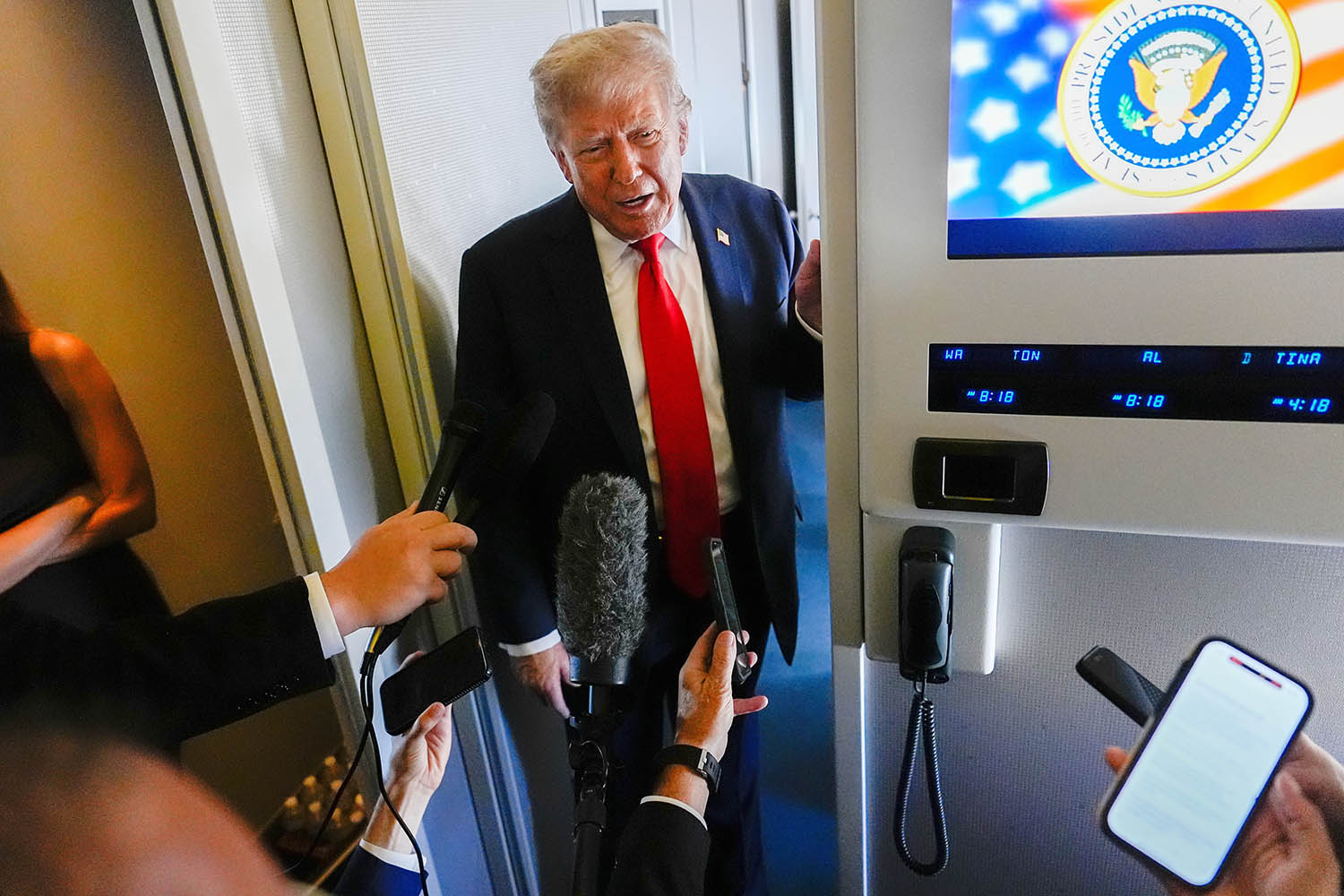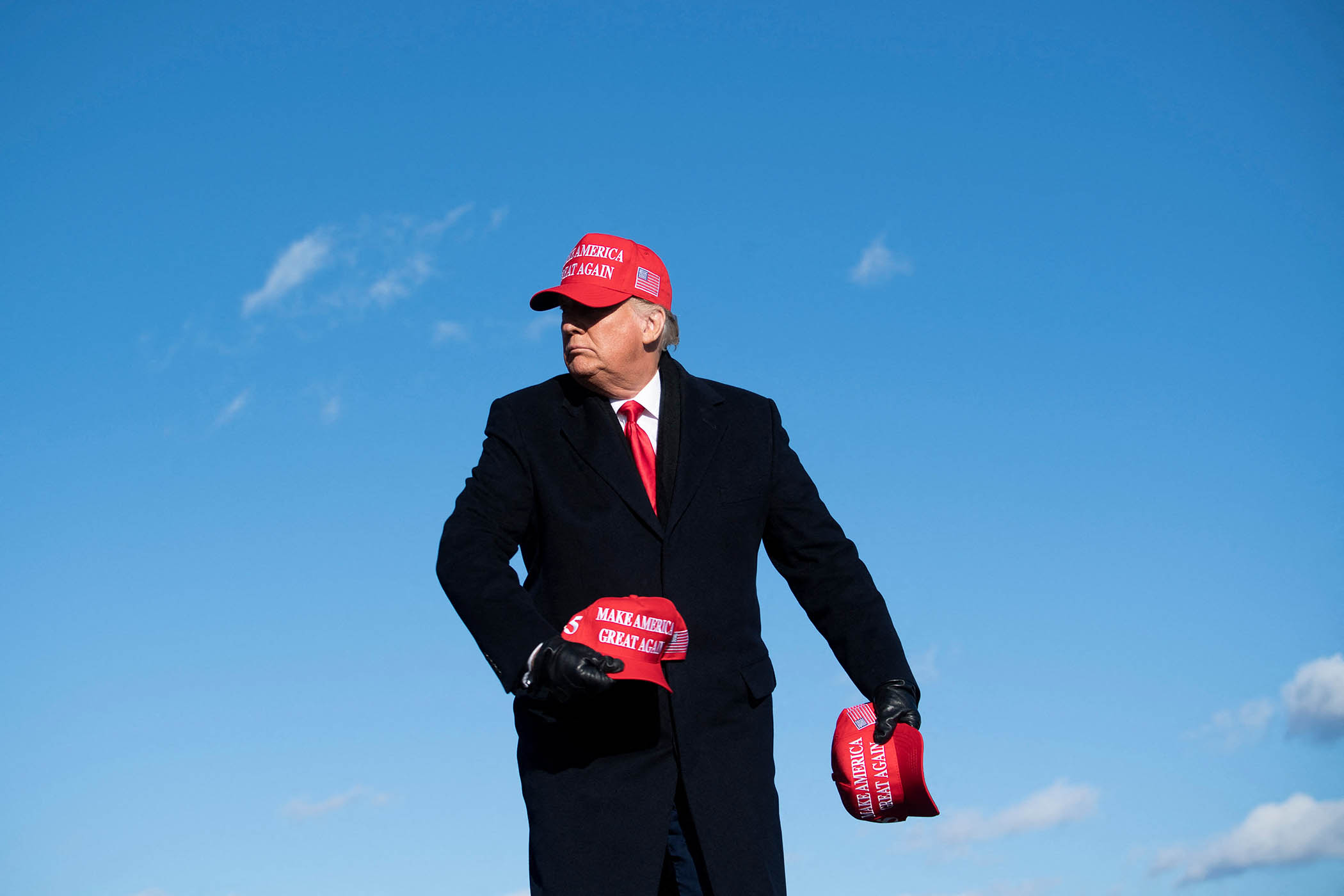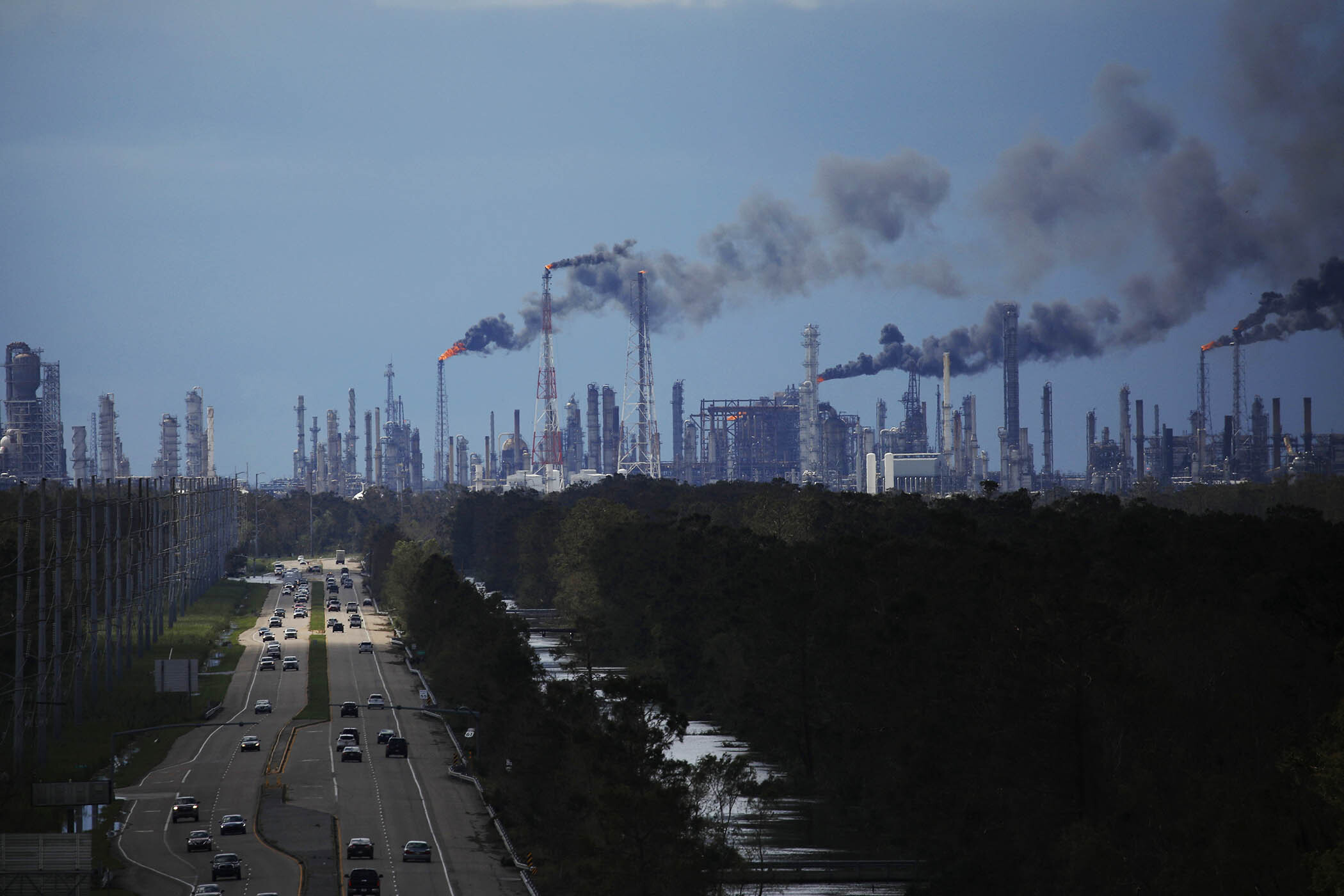After three hours in Anchorage, Alaska, after two short speeches in which the Russian leader barely mentioned Ukraine and the American leader didn’t mention it at all, President Trump is in danger of failing to live up to the compliment he once paid himself. In his own estimation, Trump is the man to swerve the pieties of summitry and cut a deal mere diplomatic mortals would find impossible.
On becoming president, he claimed that he could end the war in a day. Russia has doubled the number of drones and missiles fired towards Ukraine since then. Trump set President Putin a deadline to reach a peace deal, but did nothing when the deadline came and went. A flunky rolled out a red carpet for Putin in Alaska, yet, as Trump flew out, he had no ceasefire, no basis for agreement, and none of the “severe consequences” that he had promised in the event of there being no deal.
In his signature volume, The Art of the Deal, Trump inadvertently supplies the reason why, despite his claim of progress, he got so little. “Protect the downside,” he writes in his chapter on business principles, “and the upside will take care of itself.” Protecting the downside for Ukraine was precisely the subject of the call that Trump took with European leaders and President Zelensky last Wednesday. In the prelude to Alaska, Trump had spoken loosely about “land swapping”, which prompted a strong response from Sir Keir Starmer. President Macron said after the call that Trump had agreed to make no territorial concessions without the explicit consent of Ukraine.
It is there, surely, that we find the “one significant issue” which Trump referred to after the summit but did not identify. Putin’s demands over land are more than significant; they are intractable. He has consistently insisted that Russia be permitted to keep all the sovereign soil it has seized in Donetsk, Luhansk, Zaporizhzhia and Kherson and that Kyiv withdraw from those regions. When Putin referred in Alaska to “the root causes” of the conflict that need to be eliminated before peace is possible, this is what he meant. Until Putin moves on this, which is unlikely unless he finally yields to the pressure of a growing budget deficit and falling oil and gas income, there is no deal to be done. Unless he is forced to do so, Zelensky cannot accept these terms. Ukraine lost 14,000 soldiers and civilians in Donetsk and Luhansk between 2014 and the start of the full invasion in 2022; the president is not in a position to trade their deaths for no return. Without progress on this “significant issue”, this was a summit without a deal.
Not that this is the only significant unresolved issue, as Trump claims. It is unfortunately probable that Ukraine will have to concede some loss of territory to end the war. The latest poll suggests that 54% of Ukrainians support such a compromise on land. But they do so only on the promise of a viable security guarantee. AJP Taylor’s How Wars End (1985) has two enduring insights. The first is that so many modern European conflicts end messily, in conditions imposed on the defeated side, which make a future conflict inevitable. A bad deal produces an unstable peace.
This is precisely what Zelensky is worried about and why he cannot sign a deal without an enforceable guarantee of his nation’s borders. The former director of the CIA, David Petraeus, said on Newsnight last week that, in the event of a deal, “there has to be an absolutely iron-clad security guarantee”. He went on to say that he could not see Putin ever agreeing to this.
Putin’s demands in Alaska were more than significant, they were intractable... Zelensky cannot accept such terms
Putin’s demands in Alaska were more than significant, they were intractable... Zelensky cannot accept such terms
Taylor’s second insight is that peace comes only when both sides have concluded that military victory is beyond them. This point is echoed by Jonathan Powell, the prime minister’s national security adviser, in Great Hatred, Little Room, his account of making peace in Northern Ireland. Suddenly, say Taylor and Powell, two sides locked in a stalemate, see profit in politics. It is possible that Ukraine has not quite reached that point and almost certain that Russia has not. Trump said after the summit that “ultimately it is up to the European leaders and Zelensky”. Palpably, it isn’t up to them, at least not them alone.
Diplomacy is a complex game of many dimensions in which there are some simple truths. One is that if both sides do not yet want to settle, then there is no settlement to be negotiated. At most summits the sherpas have already climbed the mountain in the preliminary negotiations. The principals arrive to award one another diplomatic prestige and announce the pre-ordained outcome. Steve Witkoff, the lawyer and real estate developer who doubles as Trump’s special envoy for peace missions, has made several visits to Moscow over the past few months where, to the astonishment of diplomatic old hands, he naively relied on a Kremlin interpreter and predictably came away with nothing.
Maybe we will look back on Alaska as the start of a process that leads to peace. Putin described the meeting as a “starting point for resolution”. Trump has now invited Zelensky to Washington and the Ukrainian president has accepted, with the necessarily ingratiating rider that he was grateful. But though we live in hope, we would be naïve to live in expectation.
In The Week That Was, chapter 14 of The Art of the Deal, Trump writes that “success lies not in attempting grand ventures but in the end results.” In the week that has just been, Trump got no results. The banner in Alaska read, hopefully, “Pursuing Peace”. Trump is no doubt sincere in that aim – if only for his own ends. Indeed, the banner might more accurately have read “Pursuing A Nobel Peace Prize”. The trouble is that there is no deal to be done without two signatories and, for the moment, Putin’s banner still reads “Pursuing Peace on My Terms”.
Newsletters
Choose the newsletters you want to receive
View more
For information about how The Observer protects your data, read our Privacy Policy
Andrew Rawnsley is away
Photograph by Julia Demaree Nikhinson/AP



